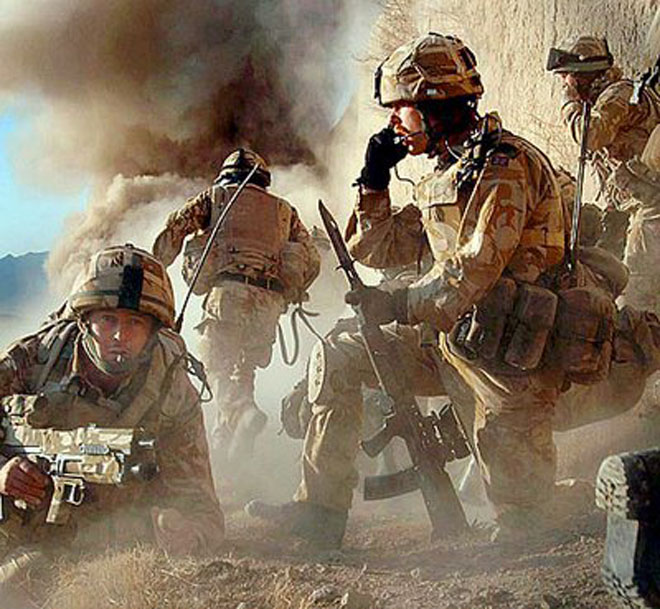The NATO-led International Security Assistance Force in Afghanistan is seeing a change in the trend of the war in the southern Taliban strongholds of Kandahar and Helmand after putting enormous pressure on the insurgents, a spokesman said, DPA reported.
"The numbers and influence of the Taliban are being reduced, not across the whole country but clearly in some regions," ISAF spokesman General Josef Blotz told the German Press Agency dpa in Kabul.
ISAF had "made a qualitative and quantitative priority" of Helmand and Kandahar, and could now state that "there is indeed a change in the trend," the general said two weeks ahead of a planned NATO summit in Lisbon.
An increase in civilian and military resources had yielded "improvements and indicators of smaller local successes across the country," he said.
Blotz said that the foreign troops now have "the wherewithal, opportunities, resources, structures and concepts that we always needed but were lacking until now."
With 140,000 soldiers, ISAF is stronger than ever before, he said. In the past 12 months, 100,000 more Afghan security personnel have been trained up, bringing the army to 140,000 and the police to 120,000, he added.
"We are now in a position that we have not been in since late 2001," the general said, referring to the year the Taliban government was ousted. "We are now seeing just what can be achieved when you have the tools you really need in your box."
Civilian investment in reconstruction projects and the political commitment of the international community were also considerably stronger, he said.
Blotz said the increased ISAF casualties, which this year have been the highest since operations began, were a direct consequence of expanded operations, and not a sign of failure.
"If you deploy three times as many troops, allowing them to engage the Taliban in areas where they have been unchallenged for five or six years, then of course there are going to be more confrontations, and losses will rise," he said.
"But taking this path, and accepting the higher risks for a while, is unavoidable," he added.
He said that "hundreds and hundreds" of Taliban combatants had laid down their arms, or declared their willingness to reintegrate into society.
"This alone is not enough to solve the problem, but it helps," he said.
ISAF is not responsible for any negotiations between the Taliban leadership and the national government, Blotz said. "We are not talking with the Taliban, but we do support the ongoing efforts of the government."
Reconciliation talks were a matter for the Afghans, he said, but added, "I would not get my hopes too high for a reconciliation with (current Taliban leader) Mullah Omar," he said.






